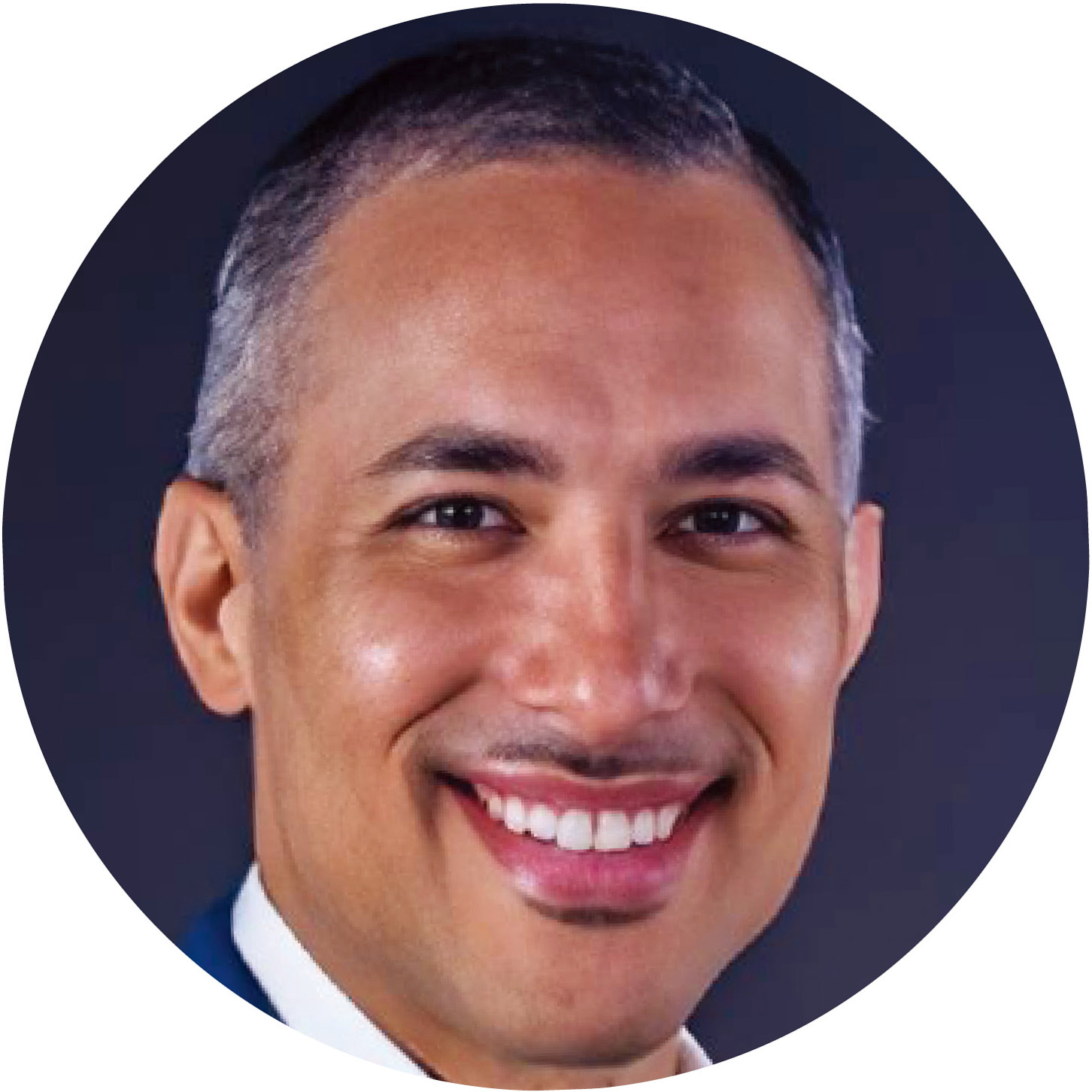editorial
ur bodies record every experience, every pain, every attack. Owing to the social, environmental, and political determinants of health, eventually, the effects of biological weathering take hold and lead to poorer health and premature death for millions of people. Whatever the immediate cause of death–heart disease, cancer, or COVID-19, we know the true cause is that they struggled throughout their lives to attain health protective and sustaining resources.
Despite the U.S. spending more on health care than any other country and consuming more than half of the world’s health care resources, this keeps happening. We have seen increasing mortality and falling life expectancy in the U.S. even for people ages 25 to 64, who should be in the prime of their lives (Achenbach, 2019; Zalla, Mulholland, Filiatreau, Edwards, 2022). And the effects are not equally experienced or distributed. When broken down by race, ethnicity, geography, and other demographic variables, the inequalities in health status and health care are quite striking.
As research has consistently shown, if you’re a member of a group that has endured discrimination or marginalization, you’re more likely to experience far worse health and even a shorter life span. This inequality in our society did not come about by accident.
It is not your imagination running wild that African Americans, Latinos, Native Americans and other minoritized and marginalized groups have higher rates of asthma, cancer, diabetes, heart disease, depression, and anxiety among other ailments. Nor is it your imagination that individuals in these groups die prematurely more often than the rest of the U.S. population.
This raises an important question: Why has this been happening? Equally important, what is the root cause of an inequality in health? As the world-renowned economist Thomas Picketty concluded, “Inequality did not simply emerge from economic reality, from technological change or the organization of production, nor from inherent disparities in individual talent, ability, or effort. Rather, inequality is determined through struggles that take place in the political sphere” (Capital and Ideology 2020).
It is now well understood that the Social Determinants of Health affect all aspects of people’s daily lives. In fact, it is known that they directly affect population-level health through access to adequate, affordable, and nutritious food options, safe housing, blue and green spaces, reliable and safe transportation, education and literacy, opportunities for economic stability, sanitation, and even personal choices. The clear link between health risks and the conditions of the places where people live, learn, work, and play have been illuminated, so they can now be confronted (WHO, 2022).

The good news is that we can also leverage these political determinants of health to advance health equity. In my book The Political Determinants of Health I lay out the major elements that create the negative social conditions that lead to poor health. The most tangible thing that we can all do if we want to achieve the standard of health care and achieve our full health potential we all deserve, is to vote, and make sure our communities turn out to vote–from big presidential elections to local races. Only when we can all exercise our right to vote do we have the agency and power to improve our access to healthcare and, with it, our health.
